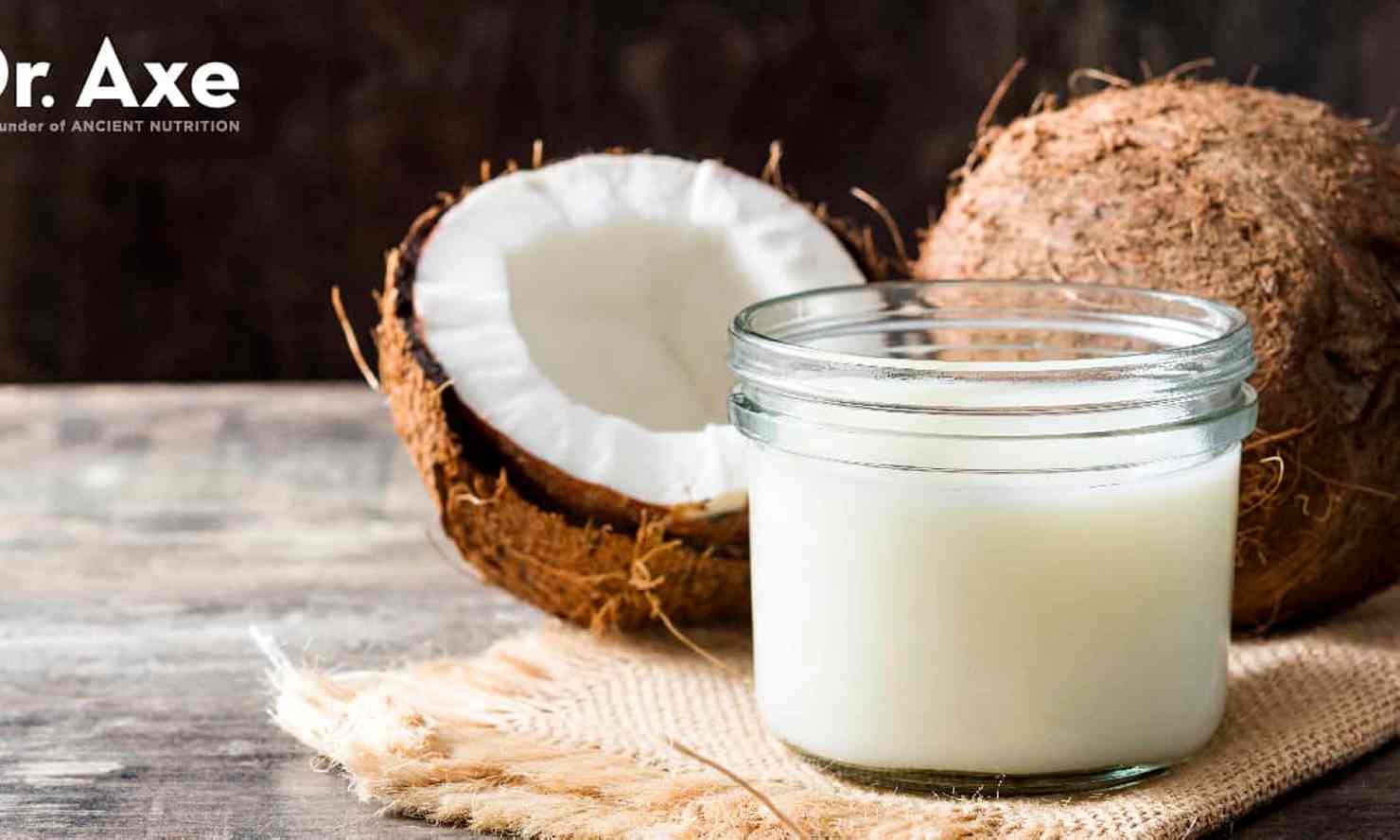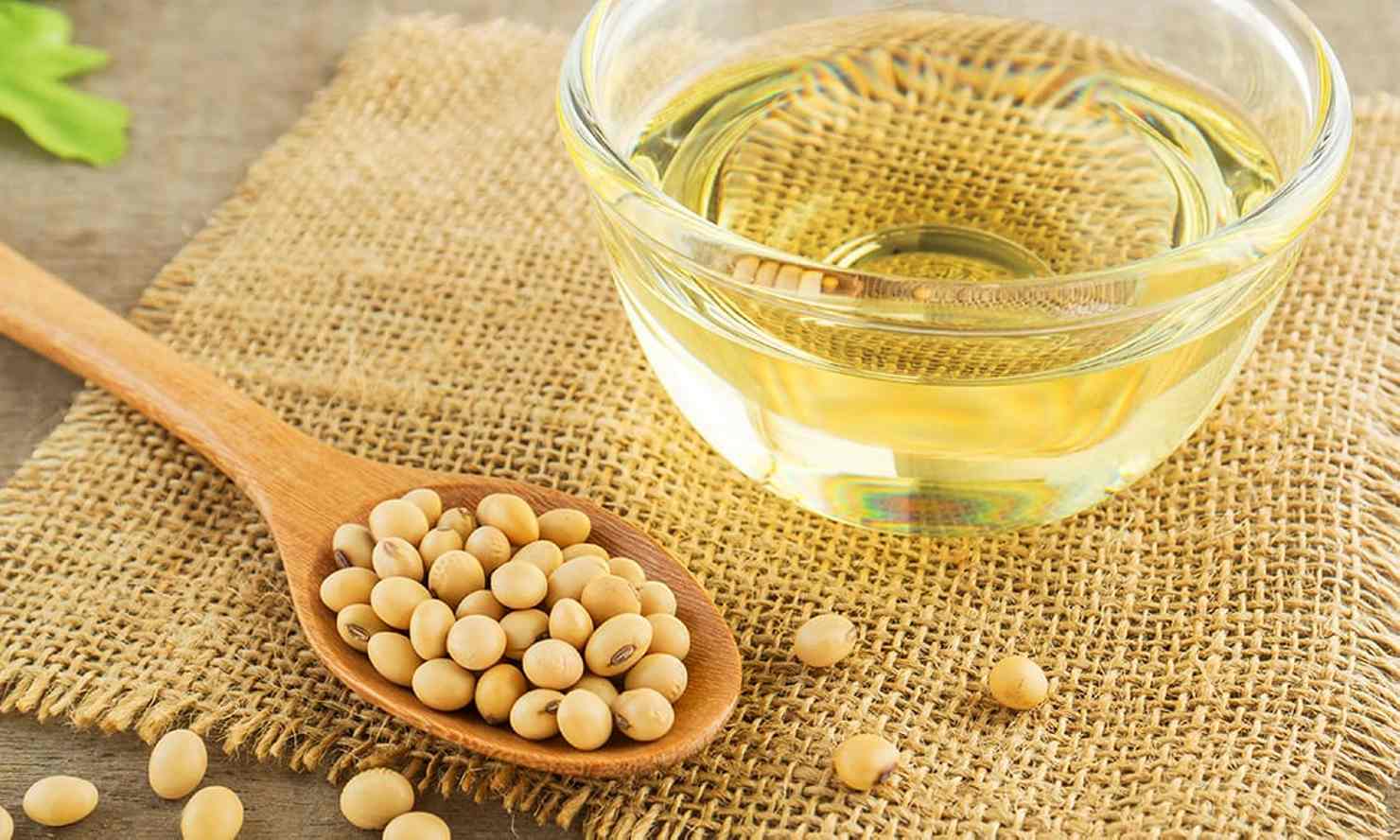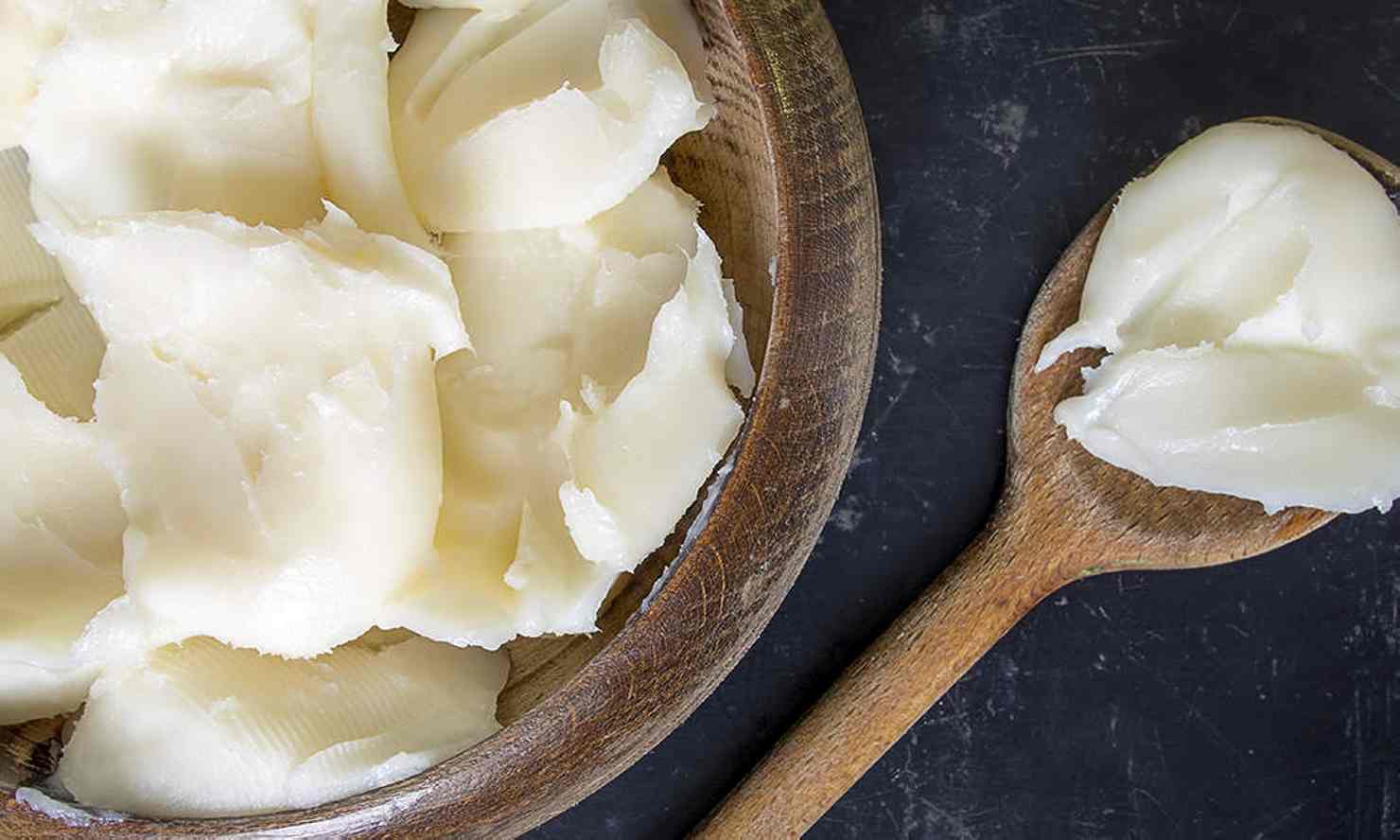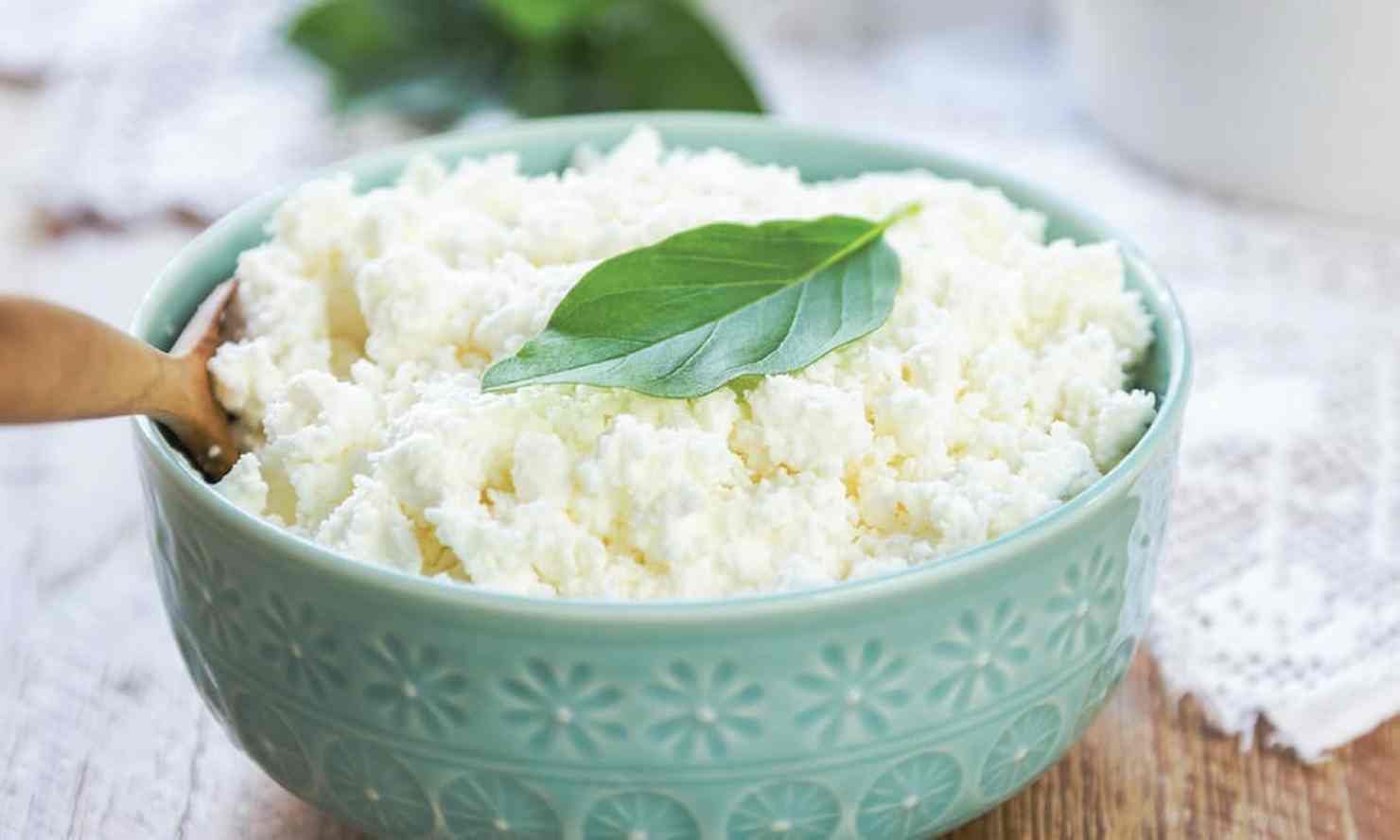
Is drinking coconut milk good for you, or is this non-dairy milk alternative just a significant source of what we’ve been led to fear for years: saturated fat?
With its creamy texture and slight natural sweetness, coconut milk might taste like something that should be bad for you, yet it’s anything but. In fact, coconut milk is considered a “miracle liquid” in certain cultures. Coconut milk nutrition benefits include the ability to build up the body’s immune defenses and prevent disease.
While it’s true that coconut milk calories might be higher than other milk substitutes, coconut milk — along with its close relatives coconut oil — is among the best sources of medium-chain fatty acids. These fats are easy to digest, supportive of neurological health and more. Thus it’s considered one of the top healthy drinks.
What Is Coconut Milk?
Coconut milk isn’t actually dairy “milk” at all in the sense that you normally think of it. It’s a liquid naturally found inside of mature coconuts (Cocos nucifera), which belong to the Palm family (Arecaceae).
The coconut (Cocos nucifera L.), which comes from the coconut palm tree that is considered to be an “economic plant,” is cultivated in tropical countries, mostly those located throughout Asia.
Coconut is technically a fruit and unique in that it has a very high fat content and low sugar content. Coconuts generally consists of about 51 percent kernel (or meat), 10 percent water and 39 percent shell. Technically, coconut milk is an oil-in-water emulsion that is stabilized by some proteins found in the fruit. It’s also common for stabilizers to be added to ensure the coconut milk has a smooth texture and lasts longer.
Coconut cream, another way to describe full-fat coconut milk, is stored within the white, hard coconut “meat.” Sometimes coconut cream and coconut water are combined to create a smoother, more uniform coconut milk. Also, keep in mind that a reduced fat coconut milk version is also available, as full-fat coconut milk is very calorie dense.
When you blend coconut meat and then strain it, the result in a thicker coconut “milk.” As a coconut matures, more of the water inside is replaced with coconut meat. This is why mature coconuts tend to be better producers of coconut milk, while younger coconuts (around five–seven months) are the best producers of coconut water.
Full-fat coconut milk contains all of its natural fatty acids, while “light” coconut milks are strained to remove some of the fat. This creates a thinner, lower-calorie milk.
Despite their name, coconuts are considered fruits, technically one-seeded drupes. Some cultures consider coconut palm trees, which can live for hundreds of years, to be the “tree of life.” In Sanskrit, the coconut palm is known as kalpa vriksha, which means “tree which gives all that is necessary for living.”
Coconuts are highly regarded in Ayurvedic medicine because nearly all parts of the coconut fruit can be used in some way, including the water, milk, flesh, sugar and oil. In cooking, it’s often used in curries, marinades and desserts.
Nutrition Facts
In addition to providing nutrients and its awesome taste, coconut milk nutrition contains beneficial fat called lauric acid. Lauric acid is a medium-chain fatty acid that’s easily absorbed and used by the body for energy.
Coconuts’ fatty acids are primarily saturated fats, but don’t think these raise your cholesterol levels and cause heart damage. Instead, they’re known to actually do the opposite. Coconut milk nutrition can help you lower cholesterol levels, improve blood pressure, and prevent heart attacks or a stroke.
Since real, full-fat coconut milk is high in calories, it’s better to have a smaller serving than you would of regular milk or coconut water. About 1/4–1/2 cup at once is best, either as part of recipes (for example as “coconut whipped cream”) or on its own combined with other flavors (such as in a smoothie).
One cup (approximately 240 grams) of raw coconut milk nutrition contains:
- 552 calories
- 13.3 grams carbohydrates
- 5.5 grams protein
- 57.2 grams fat
- 5.3 grams fiber
- 2.2 milligrams manganese (110 percent DV)
- 0.6 milligram copper (32 percent DV)
- 240 milligrams phosphorus (24 percent DV)
- 3.9 milligrams iron (22 percent DV)
- 88.8 milligrams magnesium (22 percent DV)
- 14.9 micrograms selenium (21 percent DV)
- 631 milligrams potassium (18 percent DV)
- 6.7 milligrams vitamin C (11 percent DV)
- 1.6 milligrams zinc (11 percent DV)
- 38.4 micrograms folate (10 percent DV)
- 1.8 milligrams niacin (9 percent DV)
In addition, coconut milk nutrition contains some vitamin E, vitamin K, thiamine, vitamin B6, pantothenic acid, choline and calcium.
Health Benefits
1. Improves Heart Health by Lowering Blood Pressure and Cholesterol
Why is coconut good for your health, despite being high in fat? Coconuts are one of the best sources of lauric acid. Roughly 50 percent of the fat in coconuts is lauric acid. This type of fat has antibacterial and antiviral activities. According to recent studies, lauric acid is a protective type of fatty acid that has not been linked to negative changes in cholesterol levels and even seems to support heart health.
For example, when 60 healthy volunteers were given coconut milk porridge for five days a week for eight weeks, researchers found that their low density lipoprotein (LDL) levels decreased, while their “good” high density lipoprotein (HDL) levels rose significantly. They concluded that “coconut fat in the form of coconut milk does not cause a detrimental effect on the lipid profile in the general population, and in fact is beneficial due to the decrease in LDL and rise in HDL cholesterol.”
Because coconuts contain minerals important for circulation and controlling blood flow, coconut milk is also useful for lowering blood pressure and keeping blood vessels flexible, elastic and free from plaque buildup. It also aids circulation and keeps muscles relaxed. These are all important for preventing heart attacks.
2. Improves Exercise Performance and Helps Build Muscle
Studies find that medium-chain triglycerides (MCT) fatty acids found in coconut milk nutrition actually help increase energy expenditure and even enhance physical performance. Following exercise, muscles also need plenty of nutrients — including electrolytes like magnesium and potassium that are found in coconut milk nutrition — to repair broken down tissue and grow back even stronger.
3. Provides Electrolytes and Prevents Fatigue
Is coconut milk good for you if you’ve recently been sick? Although coconut water is a higher source of electrolytes, coconut milk also provides important minerals like potassium and magnesium that are needed to maintain blood volume, regulate heart health, and prevent dehydration or diarrhea.
4. Energizes the Brain
Coconut milk also contains the types of MCTs that are easily used by your brain for energy, without even needing to be processed through your digestive tract with bile acids like some other fats.
Coconut milk is a great “brain food” because coconut milk calories provide a quick and efficient source of energy for the brain. The brain is actually primarily made up of fat and relies on a steady stream of it to function properly.
5. Helps Lose Weight
Is coconut good for weight loss? According to a study done by the School of Dietetics and Human Nutrition at McGill University:
Consumption of a diet rich in MCTs results in greater loss of fat (adipose tissue) compared with long-chain fatty acids, perhaps due to increased energy expenditure and fat oxidation observed with MCT intake. MCTs may be considered as agents that aid in the prevention of obesity or potentially stimulate weight loss.
As a food high in MCTs, coconut milk can be a very filling, fat-burning food. Fats are part of a “balanced diet.” They provide the feeling of being full and satisfied. This can help prevent overeating, snacking, food cravings and potentially weight gain.
Of course, portion control is important considering the calorie count of coconut milk, but as a part of a healthy diet, it provides necessary fatty acids in addition to other minerals that support weight loss and detoxification. Coconut milk is also hydrating and helps the digestive organs, like the liver and kidneys, function properly. This helps metabolize fat and remove waste from the body.
6. Improves Digestion and Relieves Constipation
A well-hydrated digestive tract is important for preventing or treating constipation. Coconut milk nourishes the digestive lining due to its electrolytes and healthy fats, improving gut health and preventing conditions like IBS.
Is coconut milk good for you if you have a sensitivity to most other milks? Coconut milk is completely dairy-free and less likely to cause indigestion than regular milk, which can trigger lactose intolerance.
7. Manages Blood Sugar and Controls Diabetes
The fat content of coconut milk can help slow the rate at which sugar is released into the bloodstream. This leads to better control of insulin levels and prevents a “sugar high” or, worse, conditions like diabetes.
This is one reason why coconut milk is especially good to add to sweetened recipes, like desserts. Coconut milk’s MCTs are also a preferred source of energy for the body rather than sugar.
8. Helps Prevent Joint Inflammation and Arthritis
Studies suggest that coconut milk’s MCTs have certain anti-aging effects and may help lower inflammation. Inflammation is associated with painful conditions like arthritis and general joint or muscle aches and pains.
Coconut milk in place of refined sugar especially is helpful for people with arthritis (or other autoimmune conditions) because sugar is a pro-inflammatory and linked to low immunity, worsened pain and swelling.
9. Helps Prevent Ulcers
Another benefit of coconut milk nutrition that may surprise you? Researchers found that coconut milk can help reduce the occurrence of ulcers even better than coconut water.
When rats with ulcers were given coconut milk, they experienced a reduction in the size of ulcers of about 56 percent. The study found that coconut milk had protective effects on the ulcerated gastric mucus that can lead to painful ulcers.
Vs. Coconut Water
How do coconut milk and coconut water differ? When you crack open a fresh coconut, the milky white substance that leaks out is natural coconut water. Coconut water usually comes from immature, green coconuts.
Coconut water is higher in sugar and certain electrolytes, especially potassium, while coconut milk is higher in healthy saturated fatty acids (from coconut oil) and calories. Because it’s a good source of potassium, coconut water is viewed as a natural sports drink alternative and a great beverage for athletes.
Vs. Almond Milk
Because coconut milk is completely free from dairy, lactose, soy, nuts or grains, it’s a good option for anyone allergic to dairy and nut- or grain-based milks. Plus, it’s vegan and good for plant-based eaters. If you prefer the taste, almond milk makes a good coconut milk substitute, since it’s also plant-based and dairy-free.
Good-quality almond milk provides some (but not all) of the same benefits of whole almonds. For example, if you make your own almond milk by blending and straining almonds in water, you’re left with nutrients including vitamin E, calcium and polyunsaturated fats.
Almond milk is lower in calories than coconut milk but also contains fewer nutrients and less healthy fats overall (especially less lauric acid). It’s a similar story with oat milk, though oat milk is lower in overall fats and calories.
Just like with coconut milk, it’s best to purchase almond milk that is unsweetened and free of difficult-to-pronounce chemical additives.
Buying Recommendations
Which kind of coconut milk is best to buy? It’s simple enough to make coconut milk yourself at home, but if you’d rather buy a premade kind, look for the purest coconut milk you can.
Always read the coconut milk nutrition label in order to purchase the best quality milk. Look for coconut milk that is organic and contains no added sugar or sweeteners, preservatives, artificial sweeteners, and isn’t pasteurized (which can potentially destroy some of the nutrients).
Is canned coconut milk bad for you? No. In fact, full-fat coconut milk is often sold in cans. Ideally purchase coconut milk (organic if possible) that’s been “cold pressured.” This indicates it’s only been lightly heated and processed to remove certain bacteria but hasn’t been exposed to high heat that can deplete vitamins and minerals. Skip any coconut milk (or water) that’s flavored with juices, sweeteners, colors or other ingredients. You’re better off adding your own if you want to improve the flavor.
The primary ingredient should be 100 percent coconut milk — and maybe some coconut water. Some companies also add guar gum, which is a natural product used to stabilize the texture. Make sure the label indicates the milk is unsweetened to avoid a total sugar bomb.
One final note: If you buy canned coconut milk, avoid cans made with the chemical called BPA. BPA is found in some aluminum cans and has the potential to cause certain health problems when it leaches into foods (especially foods high in acid or fat, like coconut milk). Look for an indication that the can is made without BPA and is “BPA free.”
Recipes
Now that you know all about coconut milk benefits, plus how to make coconut milk at home, let’s talk about how you can use coconut milk in recipes.
Here are some surprising things you can do with coconut milk:
- Add coconut milk to omelettes to provide creaminess without needing dairy milk or cheese.
- Combine coconut milk with nuts to make spicy “satay sauce.”
- Whip coconut milk into homemade coconut whipped cream or coconut ice cream.
- Try these recipes for Coconut Milk Coffee Creamer Recipe (keto coffee!) or Frozen Berries with Coconut and Lime Recipe.
History
Historians believe that coconut milk has been consumed for thousands of years and has helped support populations living in tropical locations. Coconut milk is still widely used in countries including Thailand, India, Hawaii and other parts of Asia. It’s well-known in the culinary world because of the creamy texture and rich taste it gives to curries.
However, its uses go way beyond soups and stews. Coconut milk is really versatile and works great in both sweet and savory recipes. That is one reason why its popularity has skyrocketed in western countries in recent years.
In general, sales of plant-based milks have increased considerably. Coconut production, export and processing have now become a multibillion-dollar industry, benefiting countries including the Philippines and Thailand, currently the world’s biggest producers.
Risks and Side Effects
Coconuts are low-allergen foods, especially compared to dairy products, soy and nuts. This makes coconut milk a good choice for many people who can’t tolerate other types of milks or creamers.
One thing to be mindful of with coconut milk is how much you consume, considering it has a high calorie and fat content. While the fat is definitely a healthy type, portion control is important, especially if you’re working toward reducing your weight.
Some of the minerals found in coconut milk could potentially interact with certain health conditions. For example, people with kidney disease need to be careful about how much potassium they obtain from foods. However, because coconut milk isn’t a very high source of potassium, it’s not much of a risk drinking it.
Final Thoughts
- Coconut milk is a high-fat beverage made from blending mature coconut “meat” and straining it.
- Coconut milk nutrition benefits include providing healthy fats and electrolytes, supporting heart health, helping with fat loss and muscle gain, improving digestion, managing blood sugar, supplying iron to help prevent anemia, reducing inflammation, and fighting ulcers.
- For the most benefits, purchase full-fat coconut milk (often found in cans) or make your own by blending and straining coconut meat.
- Ideally look for organic, unsweetened coconut milk that is made without preservatives and additives and sold in BPA-free cans. It can be used like almond milk or other non-dairy milk substitutes in smoothies, oatmeal, curries, marinades, baked goods and more.





